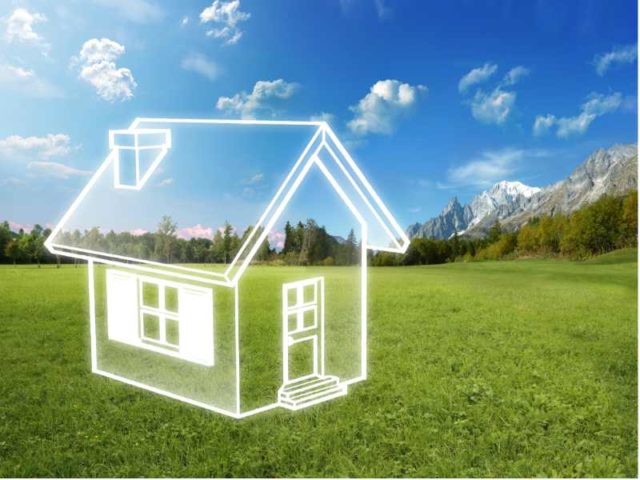Past research suggests that growing international demand for cooling has the potential to drive one of the most substantial increases in greenhouse gas emissions in recent history.
A new study, led by the University of Oxford, sets out a framework for delivering sustainable cooling.
The study examines cooling needs in the context of sustainable development and finds that this is a global blind spot.
Dr Radhika Khosla, a physical investigator of the Oxford Martin Programme on the Future of Cooling, said: ‘Cooling is essential to human well-being and health, from the food we eat, to the storage of medicine, to how comfortable and productive we are at home, school or the office.
‘The global community must commit to sustainable cooling, or risk locking the world into a deadly feedback loop, where demand for cooling energy drives further greenhouse gas emissions and results in even more global warming.’
The scale of the challenge is immense. Records show September 2020 was the warmest month on record and, under current projections, three-quarters of humanity face health risks from deadly heat.
Research from the International Energy Agency has shown the energy needed for space cooling alone is projected to triple by 2050 – the equivalent of adding 10 new air conditioners every second for the next 30 years. This would require additional electricity generation similar to that of the US, the EU and Japan combined.
Today’s analysis finds that the unprecedented rise in demand and the potential benefits of sustainable cooling are critical blind spots in sustainability debates. It finds cooling is not mentioned in the UN’s 2030 Agenda for Sustainable Development, the 17 Sustainable Development Goals (SDGs) or in its 169 targets.
Everyone, from individuals to businesses to governments, has an opportunity to contribute to sustainable cooling through five key levers of influence:
- lifestyle choices and social interactions, including behavioural choices;
- technological innovation, such as energy-efficient air-conditioning and affordable passive cooling;
- business models, including company value propositions;
- governance, including regulation design and implementation;
- and infrastructure design, which shapes and enables different solutions for cooling.
Leader of Oxford’s Energy and Power Group, Professor Malcolm McCulloch, adds: ‘Sustainable cooling has been overlooked, but it has transformational potential not just in the fight against climate change, but in improving people’s lives.
‘Extreme heat without cooling sees productivity suffer, leading to increases in poverty especially in developing countries. Cooling and refrigeration can enable women to undertake small businesses and reduce time spent on household tasks, contributing to gender equality.’
The research team examined thousands of peer-reviewed papers which showed conclusively that sustainable cooling would facilitate the achievement of all of the SDGs, from energy and sustainable cities, to gender equality and the elimination of poverty. This suggests that taking bold action on sustainable cooling would benefit not just the global climate, but will fundamentally affect people as well.
Taking account of the drivers of increased cooling demand, the study outlines a framework to help deliver sustainable cooling.
Related articles:
EIB backs Italian Energy Efficiency Fund II
Electrification drives the need for energy efficiency
Dr Khosla concludes, ‘Large infrastructure projects have the power to lock-in sustainable or unsustainable practices for decades to come. At this critical junction in global economic development, including in building back better from COVID-19, there is a unique and fleeting opportunity to centre sustainable cooling for the benefit of people and planet.’
Learn more about the report.



